Amrae’s Gerard Lancner says his members now have “state of the art skills” to handle many risk management challenges
The risk manager is the director of a system of transverse management and his role today dovetails into the internal control, audit and insurance functions. This is not the least of the risk manager’s challenges of the moment. Gerard Lancner, general delegate of the permanent committee of Amrae, the French Risk Managers Association, looks back on its main campaigns of the last few years.
What tools has Amrae put in place to help Risk Managers face the challenges confronting the profession today?
Amrae has been working on training and schooling on the concept of risk. If you look at the two pillars of our profession; the enterprise risk management (ERM) process is used for the identification, assessment and management of risks that might prevent objectives being reached whilst insurance, on the other hand, reduces the cost of risk and therefore reduces volatility. Risk transfer diminishes balance sheet exposure, brings down reserving requirements and helps improve the rating or credit worthiness of the group. Amrae is a scientific association. Our members today have state-of-the-art skills as a result of the work of our committees and their publications and the high level training provided by our training arm, Amrae Formation.
What is the state of play on the new concept of opportunity?
Besides working on knowledge transfer in the area of risk, Amrae has also been working on the “contours of the new concept of opportunity”. Missing tactical and strategic opportunities is also a form of risk. Two years ago we therefore ventured into the field of economic intelligence with publications, discussion groups and regular workshops.
Could you comment briefly on the results of the major activities of Amrae in recent years? In your opinion, what have been its greatest successes?
Today Amrae is the benchmark organisation for risk professionals. Practically all listed companies and engineering consultancy firms have at least one member with us. We sit down with government in all discussions on legislation and regulations relating to the coverage of risk and for the risk elements of corporate governance.Our analyses of the profession and the state of the market, for example, are recognised both by our members and by the economic press as delivering high added value. Our two major scientific events, our Committee days and our Conferences(Les Rencontres) have an over 10% increase in attendance each year. And, despite limited resources, we are starting to disseminate our practices amongst medium size enterprises. The first substantial topic is that of environmental risks.
How has Amrae contributed to bringing the profession of Risk Manager to maturity in France?
We have demonstrated to the economic decision-makers that they can move on from a state of submission to risk to one where the organisation assumes controlled risks. This has been done by bringing visibility to the profession, by using language and tools that clearly identify its territory, by exposing its players to the whole body of stakeholders and the media.
Can you give us a few examples of strong innovation - or excellence - in the field of risk management in France?
Yes, I would mention our models for governance and efficiency in risk management and internal control as well as our developments in the area of insuring the supply chain and liabilities. And let’s not forget the improved control of international programmes and, finally, reactivity to the new risks.





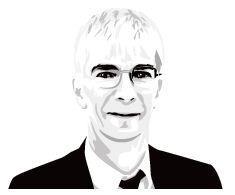
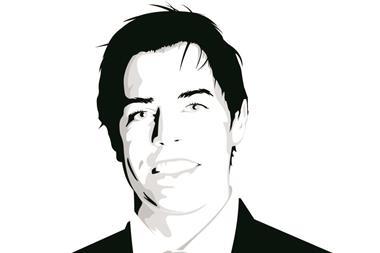
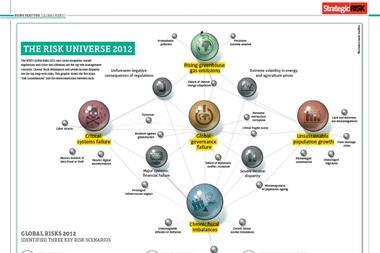
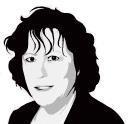

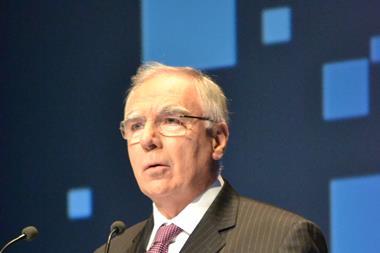









No comments yet